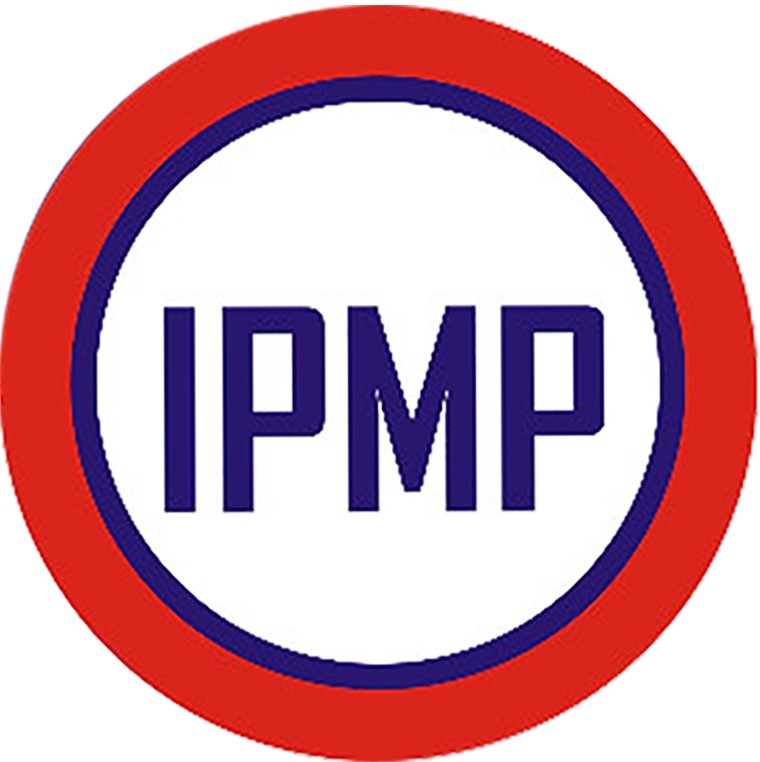Members of the Institute of Project Management Professionals can form country (local) chapters. The Institute encourages local chapters as a means of advancing its mission, increasing membership and preparing individuals for leadership roles on the national level. The following guide provides information on the process of forming chapters. Institute of Project Management Professionals is an effective national organization which delivers a range of benefits to members. There are many things that can be accomplished on a local level much more effectively. Local chapters serve as a venue for members to get together, exchange views, and attend continuing education courses and social activities. Local chapters can regularly interact in a local community to provide programs or activities that directly impact the oral health. And, most importantly, a local organization is aware of and sensitive to the needs that are unique to every community. For these reasons, the creation of a local chapter would make sense and provide value to project management professionals.
What to Do: Starting a chapter is not a difficult process, but it is a process which requires commitment. It requires project management professionals who agree with the IPMP’s mission and wish to take a proactive role accomplishing the mission. Without this commitment an effective chapter cannot exist.
Steps in getting started: Contact the national institute. Inform the Executive Director that you are interested in forming a local chapter of the IPMP. IPMP National Executive Board will provide a list of IPMP members in your country area.
- Get two or three people who share your enthusiasm and goals to assist you in the creation of the local chapter. These members may be the founding officers of the new chapter.
- Contact local IPMP members and students within your country. This can be done by telephone or by mail, however, the Institute recommends that you first identify individuals or members you already know. Contact them and ask them to participate in the formation of the new chapter.
- Decide upon a structure with reference to IPMP Chapter Organizational Breakdown Structure in section 6.1.2
- The Officers: What officers you will have and who they will be. (Recommended officers as state in IPMP Chapter Organizational Breakdown Structure in section 7.1.2)
- Dues: A chapter is not designed to make money, but you will need funds for organizing, events, meeting expenses and so forth. The Institute will have guidelines for you to consider.
- By-laws: The chapter shall adhere to IPMP code of conduct
- The initial goals of the chapter: What do you want to accomplish for your first year? Develop your MISSION statement.
- Set-up a system for record keeping and accounting: At a minimum you will need to track: Member contact information, Dues received and owed and Expenses
What to Do, Once You Are Started
Organize a recruitment meeting, this should be done at a convenient place best known to you including IPMP members and members who may be interest. At the meeting be prepared to:
-
- Sign up new members to both local chapter and the national institute.
- Discuss the organization’s mission and goals.
- Disseminate a schedule of events, or to at least receive suggestions.
- Recruit members for committees and specific activities.
- Most importantly: Generate enthusiasm for the new local chapter.
Secure a country advisor (for country chapters) and get a commitment from the project management professionals in your country.
Open your bank account: Country chapters will need to become recognized as a chapter organization by their country. Then a bank account may be set up through the chapter. If that is not an option, IPMP executive board will walk you through the process under the Institute’s policies.
Designate a location (s) for your meetings. The location will depend upon the type of meetings you will be holding. Generally, locations are easy to arrange, such as small meeting rooms at hotels or banquet rooms at a restaurant. For student chapters you may find locations within the University to hold meetings. These facilities are eager to host and cater professional meetings.
Publish a schedule of events. Be sure to contact mother (IPMP Ghana) to place announcements in their websites or newsletters.
Activities: The chapter exists to be industrious and active. It is important the chapter has a mix of activities within its structures to its structures. This will entice membership as people may join for different reasons and it will bestow the professional creditability appropriate to a chapter of the IPMP. Chapters will engage in the following activities:
Continuing Education: Chapter may provide CE classes using the National Institute’s CE number. Contact the national IPMP office for requirements and restrictions. Generally, it is not difficult finding speakers and programs for a professional group. Project specialists, financial experts and vendors are usually willing to provide presentations. Depending upon the venue, it is appropriate to charge a fee above and beyond membership dues for a continuing education session, especially if dinner is provided.
Community Events: IPMP local chapters may participate or organize: Project Management Fairs, Forum Discussions, CPD Trainings, Mentoring etc. Social Events can encourage professional networking and provide organizational cohesiveness.
Advocacy: The IPMP national office will provide information and updates on issues the Institute is working on. Organize job referral services.
Forms, Documents & Supplies: Any organization requires documentation to function. Be prepared to develop or request the following forms from the IPMP National.
- Membership application
- Certification of Membership
- Receipt books
- Flyers for events
- Newsletters or informational mailings
- Schedules of events
- Renewal notices
- Banner




Recent Comments